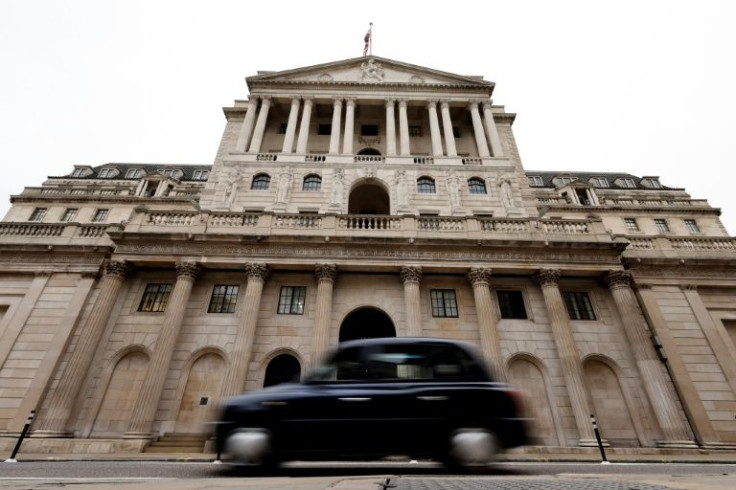UK Supreme Court Sends Venezuelan Gold Case Back To Lower Court
The UK Supreme Court on Monday ruled that a dispute over control of 31 tonnes of Venezuelan gold deposited with the Bank of England should be heard again by a lower court.
The latest twist in the long-running case, which hinges on whether President Nicolas Maduro's administration or Juan Guaido's opposition one is considered Venezuela's legitimate government, was welcomed by Guaido's camp as a recognition of his claim to power.
Guaido, who is also president of the country's National Assembly, claims the election was flawed and that he is Venezuela's lawful leader.
Both parties have created separate management committees of the Central Bank of Venezuela (BCV), which has some $1 billion worth of gold held in reserve at the Bank of England in London.
Maduro wants to recover the gold, but access has so far been denied as Britain, in line with some 50 other countries around the world including the United States, acknowledges Guaido as interim president.
In legal battles over what to do with the gold, the High Court in London had initially found in favour of Guaido. Maduro then successfully overturned the ruling at the Court of Appeal.
Guaido took that decision to the Supreme Court, asking the judges to decide whether the British government has recognised him as head of state, and whether an English court can rule on the validity of his appointments to the BCV board.
He celebrated the ruling on Twitter on Monday, saying it recognised him as the country's interim leader, and that the gold would "continue to be protected in the Bank of England".
"The dictatorship will not be able to loot it as it has done with public funds," he added.
The Maduro administration hit back at the verdict, saying it "violated the norms of public international law".
It also "represents a serious risk for investments that the international community has entrusted to the British financial system, given that the United Kingdom has resorted to fraud to illegally seize resources entrusted to it", the foreign affairs ministry said in a statement.
Five Supreme Court judges unanimously allowed Guaido's appeal "in part", saying that in Britain, recognition of a head of state was only a matter for the executive.
"It follows that courts in this jurisdiction are bound to accept HMG's (Her Majesty's Government's) statements which establish that Mr Guaido is recognised by HMG as the constitutional interim President of Venezuela and that Mr Maduro is not recognised by HMG as President of Venezuela for any purpose," they added.

The judges said UK courts would not question "the lawfulness or validity" of Guaido's appointments to the Venezuelan central bank board.
"However, it remains necessary to consider whether the (Venezuelan Supreme Court) judgments should be recognised or given effect in this jurisdiction," they added.
"The proceedings are remitted to the Commercial Court for it to do so."
Maduro wants the transfer of the gold to help finance Venezuela's fight against Covid-19.
The country of 30 million has recorded 440,000 cases and over 5,000 deaths, according to official figures.
NGOs and the opposition, though, claim the figure is higher.
Guaido, however, says the money would instead be used to repress the people or would end up in the pockets of a "kleptocratic" regime.
The BCV proposed in April to transfer the gold directly to the United Nations Development Programme (UNDP), which had said it was willing to consider it with conditions.
But the overall situation is ambiguous.
London does not recognise the legitimacy of the new parliament, and has reiterated its support for Guaido, who holds no power in Venezuela.
But in order to keep channels open with Caracas, London also maintains its embassy there, albeit with a reduced diplomatic presence.
Maduro's lawyers argue that this in effect recognises their client as president.
The Supreme Court judges said the Court of Appeal was wrong to have given more weight to this argument than to the UK government's stated recognition of Guaido as head of state.
The case is being watched closely as Guaido, who was defeated in regional elections in November, could use any successful ruling to try to recover Venezuelan assets in other European banks.
The United States has already entrusted management of the oil-rich country's assets to Guaido.
© Copyright AFP {{Year}}. All rights reserved.





















